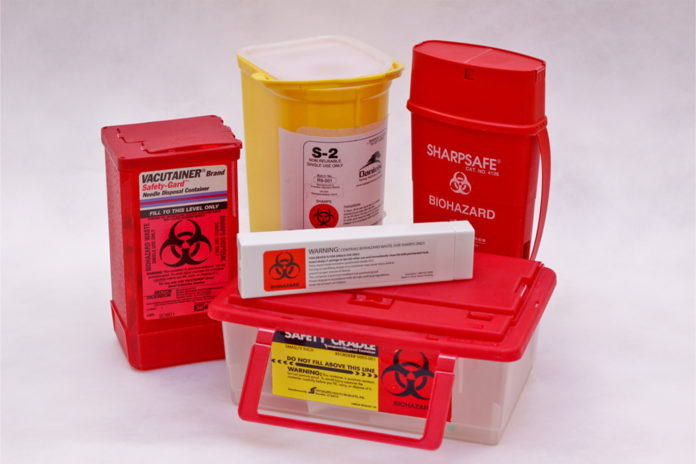

In the summer of 2020, I received the phone call that every family member of a person struggling with addiction fears. I remember the crack in my mother’s voice as she informed me that my cousin Cole was found in a motel after overdosing on a mixture of Fentanyl, heroin and meth.
He was partying at the motel with friends when he lost consciousness. Instead of calling 911, they panicked and left. They were more afraid of being caught by police than they were of him dying. As a result, medical help was too late and he died alone just a few weeks shy of his 24th birthday.
There are so many things for me to be angry about, like the systems that failed him and the people who left him. What makes me the angriest is that Cole didn’t have to die. So many drug overdose deaths are preventable and its not because of a lack of medical expertise, it’s that people don’t care. But I need you to care.
I need you to care that Cole was a straight-A student, soccer star and gifted artist. I need you to care that he was incredibly good at Monopoly, but always let me win. I need you to care that when he was little, he almost got heat stroke because he refused to take off his favourite fireman costume even though it was 25 degrees outside. I need you to care that he was funny and bright and effortlessly cool. So much of who I am is because I tried to be just like him.
Cole was a teenager when he started using hard drugs. I won’t detail the factors that contributed to that use, but trauma, mental illness and grief all played a role. Addiction is not a choice or a moral failing, it is an illness that consumes your life. It makes people break away from the people they love and abandon the activities that used to make them happy.
For years, our family did everything they could to help Cole. They sent him to countless treatment, detox and rehabilitation centres. They fought legal and social systems trying to get him the help he needed.
Sometimes it worked. Sometimes, the wonderful, intelligent and funny person we loved would come back to us. Every time he got sober, he made amends. He made plans to have me visit him, and told me he loved me. Every time, he promised to stay sober and I believed him. But it never lasted.
Still, I never gave up on him. Right up until the day I got the phone call, I had hope.
After Cole died, his family tried to piece together the last days of his life and track down the people who left him to die. The police acted like he was just another addict, just another statistic in the skyrocketing number of overdose deaths in 2020.
They didn’t see the beautiful person who pretended to still believe in magic, Santa Claus and the Easter Bunny for me. Or the boy who spent hours playing Marco Polo in our grandparent’s pool because he knew it was my favourite game.
According to the CDC, in 2021, 93,331 people died of overdoses in the United States increasing from 20,000 the year before. Of those over 90,000 deaths, 60 per cent involved synthetic opioids, like Fentanyl.
Statistics are easy to look at, but the people behind them are not. I talk about Cole. I tell his story so others can see that those numbers were people, so others can feel the unimaginable grief that all of their families and friends suffered.
This is why safe injection sites matter. Safe injection sites are the designated spaces that allow drug users to inject or take substances under medical supervision.
When I heard that Moncton and Saint John were opening supervised injection sites, I rejoiced.
I was especially glad to see that these sites will be free from police persecution for the first year of operation. Hopefully, it will encourage those struggling with addiction to visit the sites without fear of repercussions.
I would like to see that exemption remain in place past the one-year mark. The criminalization of drug use is unhelpful. Police resources are wasted on prosecuting people with addictions while dealers are still on the streets. People with addictions do not benefit from prison. They need rehabilitation, therapy and support.
Safe injection sites reduce harm. They provide clean needles and equipment. They have trained medical staff and life-saving medication on hand. They provide a safe, judgement-free place to get help.
These measures actually decrease spending on drug-related social issues, take pressure off the already-pressed healthcare system, help addicts connect with resources and most importantly, save lives.
These safe injection sites will be the first of their kind in New Brunswick, but we need more.
It is no secret that Fredericton has a drug problem, and the ambulances going every night should be proof that safe injection sites are necessary. If you think that drug addiction has not affected you or where you come from, you are wrong. Addiction lives in the shadows and even small communities are affected. Without proper facilities and experts, lives are lost.
The stigma and misconceptions around drug use keep many from getting help until it is too late. So the next time you encounter a person struggling with addiction, I hope you see Cole. I hope you see a person in incredible pain, whose family loves and fears for them every day.
But above all, I hope you see a person worth saving.
